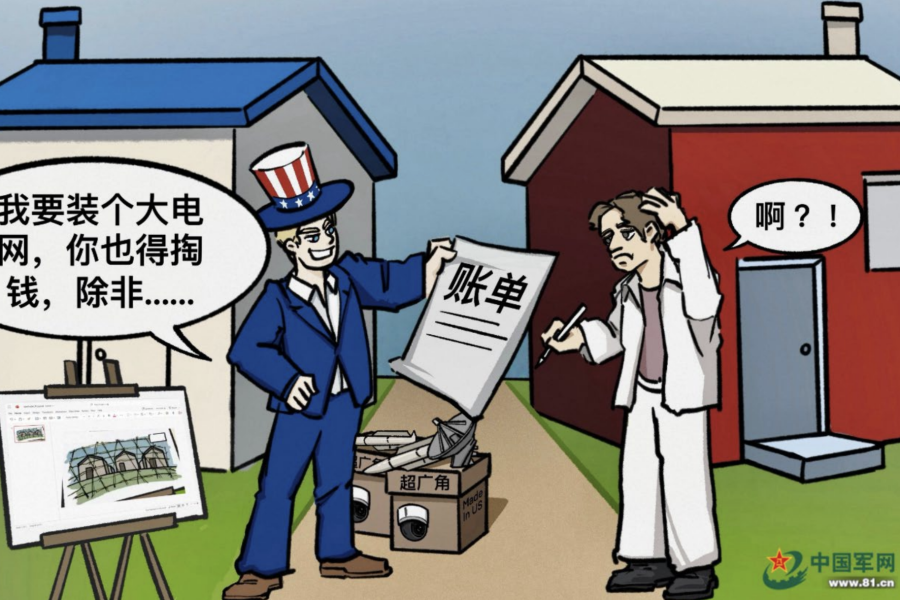America’s rival across the Pacific does not think highly of President Donald Trump’s plan to build a next-generation missile defense shield called Golden Dome. Chinese officials and analysts say the project exacerbates international tensions, escalates the arms race in space, and undermines global stability, according to a report from the U.S. Air Force’s China Aerospace Studies Institute.
“The announcement of Golden Dome has intensified longstanding [People’s Republic of China] concerns over U.S. efforts to develop missile defense systems that could limit the effectiveness of its limited nuclear deterrent,” wrote John S. Van Oudenaren, a research analyst with the think tank BluePath Labs, in the report published Aug. 11.
“PRC media and experts are particularly concerned that Golden Dome indicates a shift in the focus of U.S. missile defense from targeting ‘rogue states’ such as Iran and North Korea to other large nuclear powers like China and Russia,” he added.
First announced in January, Golden Dome would involve a massive network of sensors, interceptor weapons, and electronic-attack tools that—like its inspiration, Israel’s Iron Dome—would protect the United States from ballistic and cruise missiles. Trump wants the project to become operational by the end of his term in 2029, a goal defense experts say is unlikely. He also projected a $175 billion price tag, though an independent estimate found space-based missile interceptors alone will cost more than $542 billion over 20 years.
PRC officials see Golden Dome as another step in a long line of U.S. efforts to limit the effectiveness of China’s road-mobile and silo-based intercontinental ballistic missiles, Van Oudenaren wrote. When the U.S. deployed Terminal High-Altitude Area Defense systems to South Korea in 2017 to guard against nuclear and conventional threats from North Korea, for example, China retaliated against South Korea with sanctions and other economic penalties.
“America does not need an ‘Iron Dome’ but must instead break through the ‘Iron Curtain’ imprisoning its own thinking,” Senior Colonel Wu Qian, a spokesperson for China’s Ministry of National Defense, said in February. “China urges the U.S. to jettison its Cold War mentality, stop exaggerating threats from other countries, and cease manufacturing military confrontation.”
The simultaneous $1.7 trillion modernization of the U.S. nuclear arsenal will “seriously damage the legitimate rights and interests of other nuclear-weapons states” and up the risk of unnecessary confrontation, warned Sun Xiaobo, the director-general of the department of arms control at China’s Ministry of Foreign Affairs.
Some Chinese state media commentaries see Golden Dome as a way for the U.S. to extort its allies, while other officials warn the project will transform space into a war zone. That is, if it works: Some observers questioned whether Golden Dome is a “paper tiger,” considering the ambitious costs and technical advances needed to achieve it.
Paper tiger or not, Chinese critics across the board neglected to mention the People’s Liberation Army’s own fast expansion of its nuclear and ballistic missile arsenals, or China’s development of space-based weapons, or the lack of progress in trilateral arms-control discussions between the U.S., Russia, and China.
“While such criticisms fault the U.S. for eroding strategic stability with its unilateral missile defense build-up, they do not acknowledge that the PRC has played any role in contributing to the present international security dilemma,” Van Oudenaren wrote.
How China responds as Golden Dome develops is yet to be seen, the analyst said. But judging from reports so far, “Beijing is certain to proceed from a place of deep distrust regarding the U.S.’s effort to develop a next-generation strategic missile defense shield,” he wrote.




